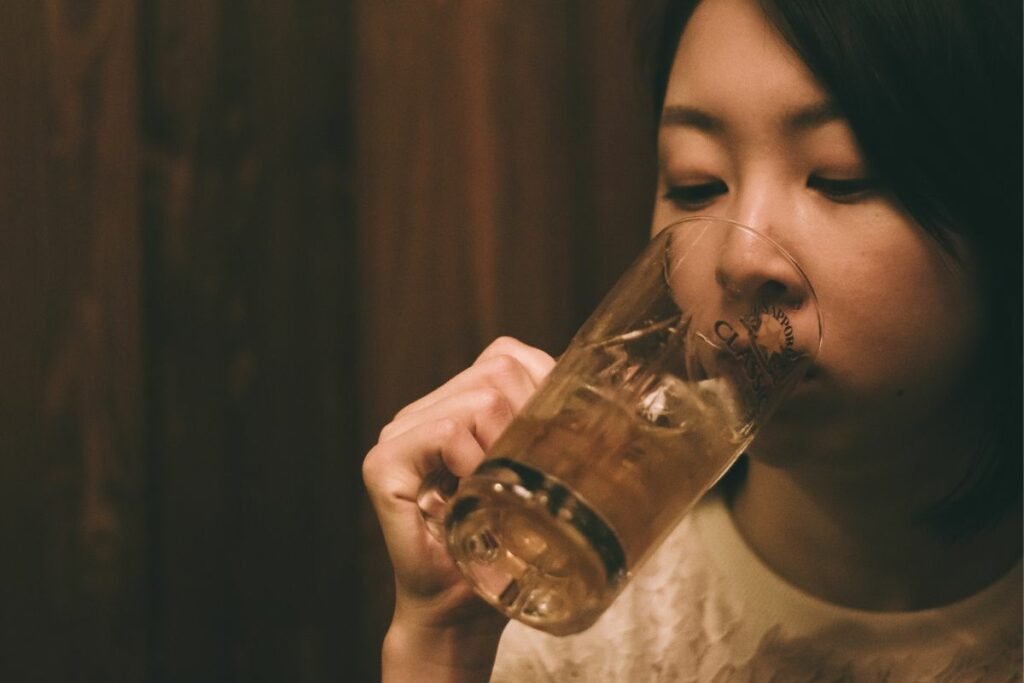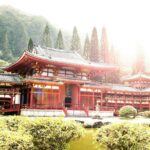Just like many other people from other countries in the world, people in Japan like to drink occasionally.
Drinking has its place in Japanese society, with drinking parties usually being held in izakaya and restaurants to strengthen both business and social relationships.
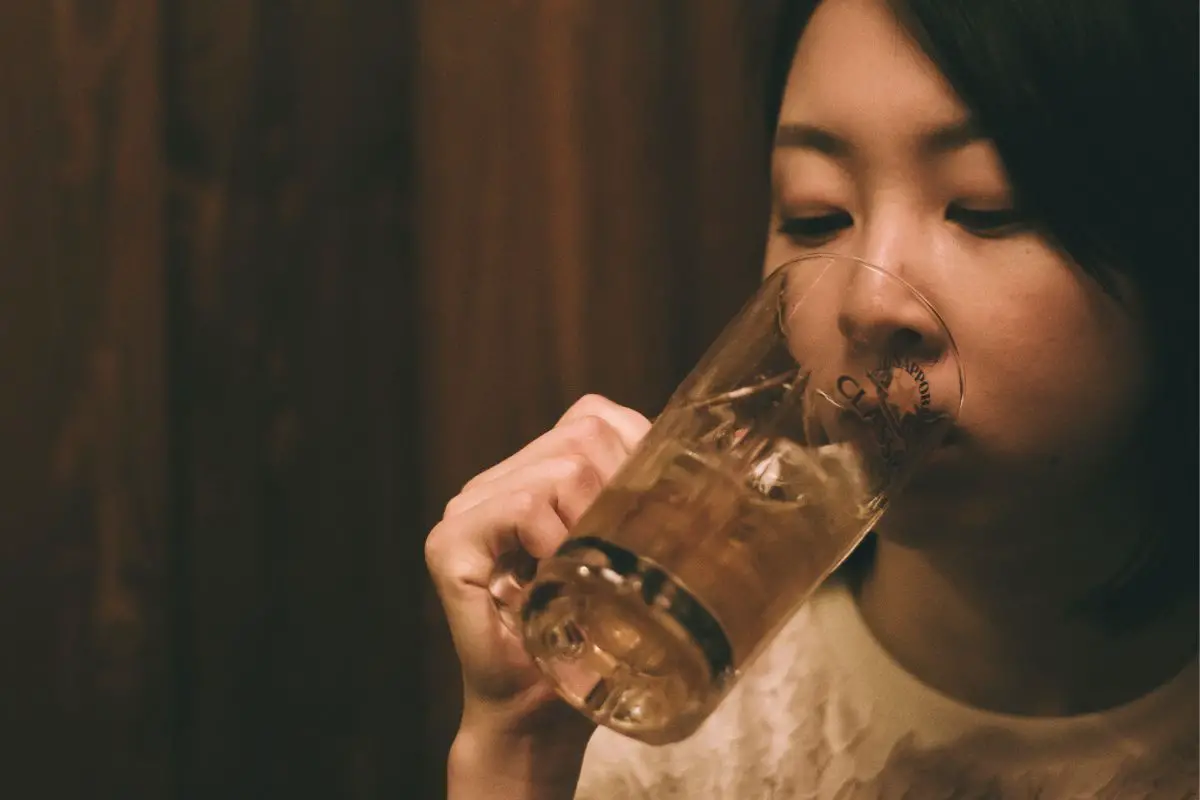
And, like the majority of other countries in the world, Japan has a legal drinking age that citizens are required to stick to. This begs the question: What is the legal drinking age in Japan?
In this article, we will attempt to answer just that! So, if you’re planning on visiting Japan and want to know if you’re old enough to drink there, or if you’re just interested in knowing more about Japanese culture, then read on for more!
What Is The Legal Drinking Age In Japan?
The legal drinking age in Japan is 20 years old. Once an individual turns this age, then they are permitted to purchase and drink alcohol.
The age of 20 was made the legal drinking age in Japan in 1922. With this law, the people of Japan hoped to ban underage drinking and thereby reduce it.
But why 20? Well, when an individual reaches 20 years old in Japan, they are considered to be a legal adult. So, not only are they permitted to drink, they are permitted to smoke, gamble, drive, and go to hostess bars.
Once you turn 20 in Japan, you will find it easy to access alcohol. Alcohol can be purchased in Konobini (convenience stores) all over the country.
You must always show your ID card when you are buying alcohol. If you do not, then you will get a formal reprimand.
What Is The Drinking Culture Like In Japan?
Generally, Japanese people enjoy drinking. Here, overdrinking is not criticized and citizens are permitted to drink in public.
But why exactly is drinking regarded as so important to Japanese culture? Well, alcohol is seen as being an excellent icebreaker to help form relationships – both business and social.
It is seen as a great way to deepen relationships with friends or get to know your work colleagues better.
In fact, in Japan, it is important to engage in nominication if you want to integrate properly into the culture at your workplace.
What Is Nominication?
Nominication is a combination of the word “nomu” which is Japanese for “drinking” and the English word “communication.”
It involves socializing with your colleagues and forming stronger relationships. It is a skill that allows you to integrate into the workplace and usually happens at a nomikai.
However, as well as being a method of deepening bonds between colleagues, nominication also happens for political reasons within the workplace.
For example, if an employee seeks a promotion, then a great way to secure one is by getting to know their boss at a nomikai.
What Is Nomikai?
Nomikai is a work event that happens when colleagues get together in a more casual setting compared to their workplace. These events are usually centered around drinking but sometimes have light dishes for guests to indulge in.
Here, colleagues are in a relaxed environment and will be able to get to know one another more easily. This allows them to foster relationships.
These events typically happen when someone is leaving the company or when new recruits join. Sometimes, attending these events is mandatory and it can be considered rude to decline the invitation.
If an invitation is declined, then this can affect the working relationship between colleagues. There are also many rules that people are expected to follow at these events.
At these events, it is the responsibility of the senior manager or director to pay more than the other colleagues, and sometimes they are expected to cover all of the expenses. However, there is usually a budget for these events.
Most of the budget is spent at the nomikai.
The nomikai is typically the first round of drinking. It is followed by the nijikai at a bar nearby. Then, if you really want to make a good impression, there is the option to extend the night into a sanjikai – the third round.
It is important to note that nomikai was seen to be very important among older generations in Japan. However, younger generations see it as less and less important and it is becoming less common as a result.
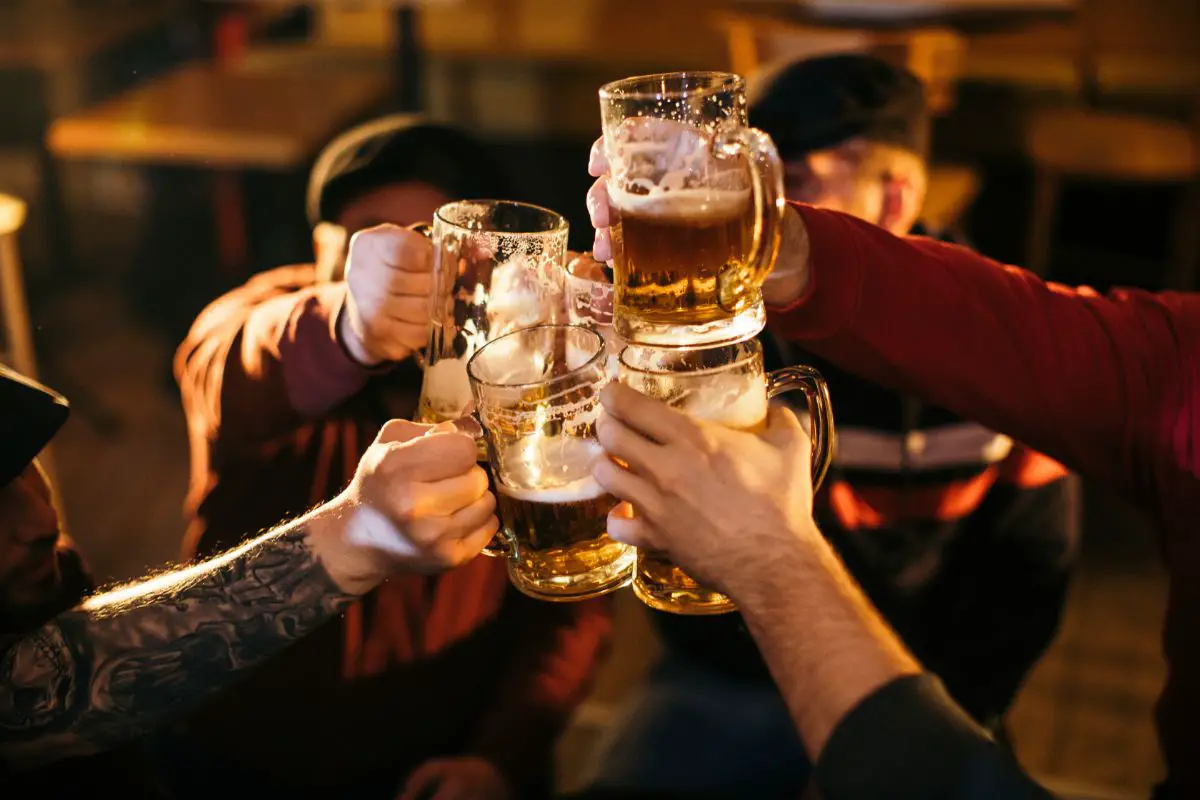
What Are The Types Of Nominication?
Here are the types of nomikai in more detail!
Bounenkai
Bounenkai is a larger version of nomikai compared to simple parties for departmental staff.
It is typically celebrated at the end of every year and will be attended by employees across the entire company to celebrate the achievements of the company.
It is also an opportunity to welcome the new year with good intentions.
Settai
Settai are formal events that typically involve going to a restaurant with business associates or clients to eat and have a meeting. In these meetings, a company will attempt to close a deal. This company will also cover the bill.
Joshikai
Joshikai are exactly the same as nomikai, but they are exclusively for women. Joshikai are used as opportunities to build on female friendships and give life updates.
This does not have to happen exclusively as a workplace event, it can also include women who were friends in high school meeting up to drink and catch up. Typically, food is also an important part of joshikai.
Goukon
Goukon are events designed for the purpose of matchmaking. Typically, there are an equal number of female and male guests who will get to know one another by chatting and drinking.
Attendees of the goukon will often swap contact details with other attendees that they liked.
However, these events often stray from being cordial into competitive territory. Attendees can often use flattery to try and move onto the next stage with another attendee rather than focus on getting to know them.
For the most part, though, goukon are cordial and fun.
In recent years, there has been an increase in goukon for the LGBTQ+ community.
Soubetsukai
Soubetsukai is a farewell party, typically set up for professors and teachers who are leaving their positions at a school.
It will be attended by their colleagues, who will thank them for all of the work they have done for the school and to pass on good wishes for the future.
Attendees will also put on entertainment for the person who is leaving, which can take the form of a comedy sketch, a dance, a song, and more!
Drinking Etiquette In Japan
As previously mentioned, there are many different rules to follow when it comes to drinking and socializing in Japan, particularly if you are pouring drinks yourself. Let’s check some out in more detail below!
Pour A Drink For Your Boss
It is considered polite for employees of a lower rank to pour a drink of sake for senior-ranking members of the company before having a drink poured for themselves.
Do Not Pour Your Own Drink
As we said before, it is considered polite to pour a drink for your boss. It is also considered polite to pour a drink for other members of the company.
However, it is not a good idea to pour yourself a drink, even after you have poured one for everyone else.
It is better to wait for another person to pour you a drink instead, and this is typically done by someone you just poured a drink for. Cheers!
Pay Attention To Refusals
In Japan, many people will often refuse a drink out of politeness. So, you should pour the drink anyway. However, if someone fervently and repeatedly refuses to have a drink poured for them, then you should stop.
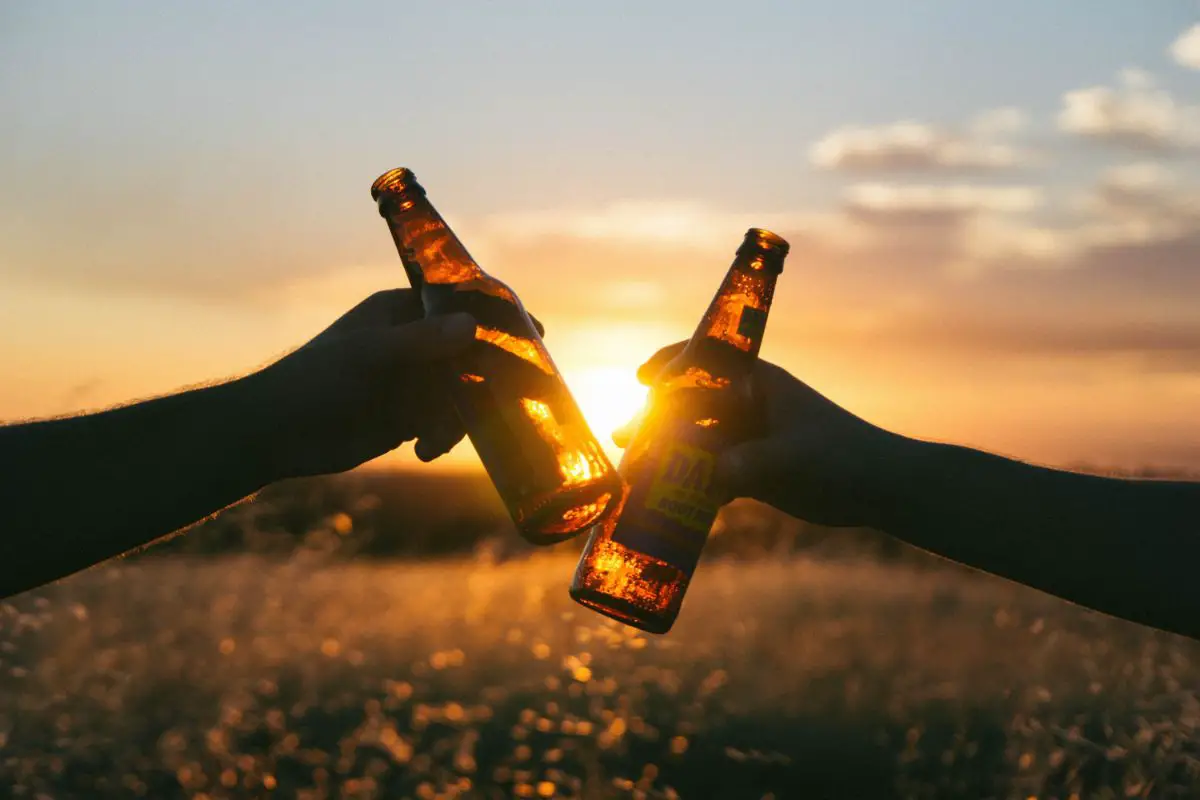
What To Do When You Want To Stop Drinking
When you want to stop drinking, then it is best to leave your cup half full so it will not be refilled by another person. Leaving a glass half full is an indicator that you no longer want to drink.
Otherwise, someone will see your empty glass and refill it for you.
Underage Drinking In Japan
Like many other countries in the world, there are many underage people who like to drink in Japan, despite the law against it.
According to a 2004 survey, many Japanese children begin drinking when they get into high school. The survey found that 70% of senior high schoolers and 50% of junior high schoolers reported an experience of drinking.
There may be a few different reasons for this. Let’s check them out in more detail below!
Sources Of Alcohol
Despite needing an ID card to purchase alcohol, many places are not asking for age confirmation. Not only that, but ID cards are very easy to fake and many cashiers are not checking to see if they are genuine.
Moreover, in Japan, alcohol can be bought from a vending machine. You are not carded by a vending machine, so it is very easy for underage people to access alcohol this way.
Although, it is important to note that these vending machines are decreasing in number.
Finally, since drinking is an important part of the culture in Japan, many families will have alcohol in the house which provides their underage children with easy access to it.
Lack Of Punishment
If a teenager is found to have been drinking, then they are not usually charged with a serious penalty, so it is easy to make repeat offenses.
Frequently Asked Questions
What Are The Most Common Alcoholic Drinks In Japan?
The most common alcoholic drinks in Japan are sake, chuhai, awamori, shochu, umeshu, whiskey, beer, and amazake.
Are You Allowed To Drink In Public In Japan?
Drinking in public is indeed permitted in Japan. It is common to see people drinking and being drunk in public.
However, there are still rules in place regarding public drinking. For example, you cannot wind up on public property if you are drinking.
On top of that, there are some places that have certain rules about how to eat and drink in their establishments, so be sure to understand these rules before you attend a nomikai or have a fun-filled night full of alcohol.
Can 18-Year-Olds Drink In Japan?
The drinking age is 18 years old or younger in many places around the world. For example, 18-year-olds are legally entitled to drink and buy alcohol in the UK, Australia, Brazil, China, and more!
While in Italy, Luxembourg, and more, the drinking age can be as young as 16!
However, it is not legal for anyone under the age of 20 to drink in Japan. So, even though an 18-year-old may be able to access alcohol, this accessibility is not legal to them, and they may face punishment if they are caught.
While this punishment will not involve getting arrested, the police may add your data to a system and let your legal guardians know what has happened.
Your school or place of work may also be informed, and they can decide whether or not you will face disciplinary action.
What’s more, if you are arrested in the future, your record of underage drinking may be taken into account.
Final Thoughts
The legal drinking age in Japan is 20 years old.
20 years old is the age in Japan where you are no longer considered a child and you are able to exercise new liberties such as drinking, smoking, driving, gambling, and going to hostess bars.
However, despite this legal drinking age, which sought to impose a ban on underage drinking, many young people in Japan still have experience with alcohol, according to a survey.
This may be because cashiers are not checking ID cards, ID cards are easy to fake, or young people can easily access vending machines that contain alcohol.
For working adults in Japan, there is a huge culture surrounding drinking in both social and business settings, which includes many indifferent kinds of nomikai.
There are also many rules to remember when it comes to drinking, and many different ways to show polite drinking etiquette.

